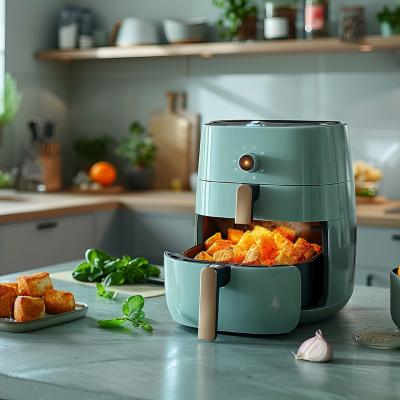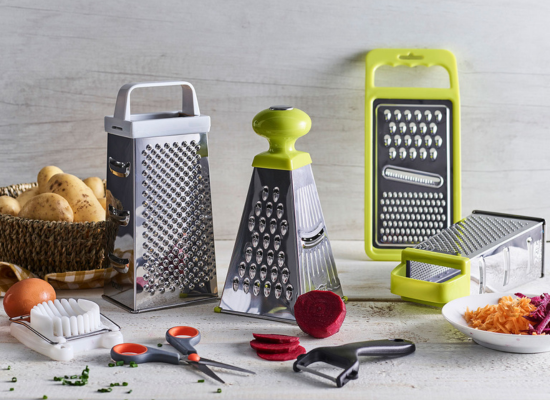
No, Microwaving coffee does not destroy the caffeine in it. Reheating coffee will not, nearly always, cause it to lose its caffeine content. Caffeine is a “very stable organic molecule,” which means that the total quantity of caffeine molecules in your cup is unlikely to alter when it cools and/or reheats.
There is a lot of debate over whether microwaving coffee destroys caffeine. Some people say that it does, while others claim that it doesn’t make a difference.
In this blog post, we will take a look at the research on this topic and see what science has to say. Stay tuned!
Microwaving Coffee Destroys Caffeine, Does Science Support It?
The caffeine molecule would have to undergo sublimation, which is the process by which a solid transforms into vapor.
To get your coffee hot enough for caffeine, you’d have to heat it to over 350°F, which would necessitate using your stove; your microwave simply won’t do it. In other words, the caffeine isn’t going away.
Based on science, it is safe to say that microwaving coffee does not destroy caffeine. Caffeine is a very stable molecule and will not be affected by reheating your coffee.
Though the caffeine in your coffee isn’t lost when you microwave it, the flavor will be adversely affected by the heat.
Coffee loses the volatile chemicals that give it its attractive flavors as it becomes less fresh. Reheating coffee accelerates this process, which may result in a decrease in overall flavor.
If you want to reheat your coffee, use the microwave instead of the stovetop because it will heat it up faster and allow the volatile compounds to deteriorate less.
Alternatively, you could simply consume all of your coffee because it is a wonderful elixir, and wasting even a drop is a tragedy. Investing in a decent thermos is also beneficial.
LEARN MORE: Can You Put Stainless Steel In The Microwave?
What Happens When Coffee Is Microwaved?
When coffee is microwaved, the water molecules heat up and produce steam. The steam then rises and escapes from the cup, taking with it many of the coffee’s volatile chemicals. These chemicals are responsible for the coffee’s flavor and aroma.
When these chemicals are gone, all that is left is the bitterness of the coffee bean. The longer you microwave your coffee, the more of these chemicals will be lost, and the worse your coffee will taste.
How Do Microwaves React With Caffeine in Coffee?
Caffeine is a molecule that is made up of two atoms of carbon, four atoms of hydrogen, and one atom of nitrogen. The structure of the molecule is such that it is very stable and does not react easily with other molecules.
The only way that microwaving could affect the caffeine molecules in coffee is if the microwaves somehow broke them apart. However, this is extremely unlikely because the energy of the microwaves is not enough to break the bonds between the atoms in the molecule.
LEARN MORE: Can You Put Stainless Steel In The Microwave?
How Is Caffeine in Coffee Destroyed?
In order to destroy the caffeine in coffee, it needs to be heated on the stove at a very high temperature for a long time. The boiling water will break down the coffee bean and release the caffeine.
However, if you do not heat the coffee long enough, the caffeine will not be completely broken down and you will still have some in your cup.
Caffeine is a molecule that is naturally found in coffee beans. When coffee beans are roasted, the caffeine molecules become more soluble and easier to extract.
However, when coffee is brewed using a microwave, the water molecules do not become hot enough to extract the caffeine from the beans. As a result, coffee that is brewed using a microwave will have less caffeine than coffee that is brewed using a stove.
While microwaving coffee may not extract all of the caffeine from the beans, heating coffee on a stovetop does. When water is heated to a boiling point, the caffeine molecules become more soluble and are extracted from the beans.
However, boiling water also causes the coffee to lose its flavor and aroma.
However, when coffee is brewed using a microwave, the water molecules do not become hot enough to extract the caffeine from the beans. As a result, coffee that is brewed using a microwave will have less caffeine than coffee that is brewed using a stove.
What Causes Caffeine in Coffee to Destroy?
According to model studies, 60 percent of the initial trigonelline is destroyed at 160°C, resulting in the creation of carbon dioxide, water, and a broad class of aromatic chemicals known as pyridines.
Caffeine is a very stable molecule, and it does not break down easily. However, there are several factors that can cause the caffeine in coffee to be destroyed.
- The first is heat. Caffeine is very sensitive to heat, and if the coffee is heated too much, the caffeine will be destroyed.
- The second is light. Caffeine is also sensitive to light, and if the coffee is exposed to too much light, the caffeine will be destroyed.
- The third is oxygen. If the coffee is exposed to too much oxygen, the caffeine will be destroyed.
- The fourth is time. If the coffee is stored for too long, the caffeine will be destroyed.
All of these factors can cause the caffeine in coffee to be destroyed. However, it is important to note that the vast majority of these factors are controllable.
LEARN MORE: Can You Microwave Nutella?
Conclusion
In conclusion, microwaving your coffee will not destroy the caffeine molecules. However, it will cause the coffee to taste worse and have less caffeine.
If you want to destroy the caffeine in your coffee, you should heat it on the stove at a very high temperature for a long time. But be warned, this will also destroy the flavor and aroma of your coffee.



